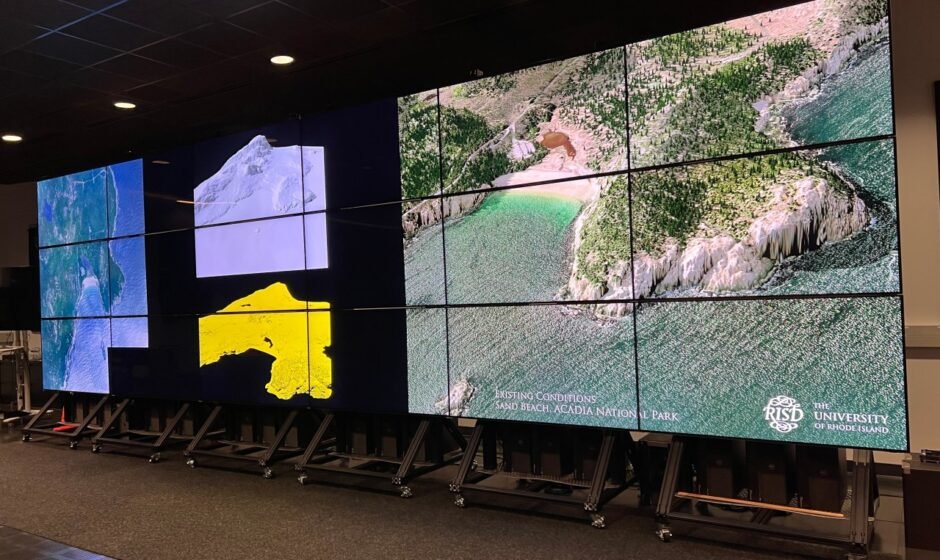A new illness is spreading around the world, brought about by extreme swings in the weather such as droughts and freezing winters. This illness is known as climate anxiety and it is becoming a very real thing. According to researchers from Yale, feelings of distress over living through climate change have soared in recent years. Last summer, many Central Texas farmers said they felt depressed over the shifts in weather in our area.
Addressing climate doom, also known as climate anxiety, is one of the focuses of this year’s Planet Texas 2050 symposium at the University of Texas. The program is one of the school’s “Grand Challenges” and aims to find solutions for Texans living in a changing world.
“The idea is that we’re producing new knowledge, but doing it in a way that matters to communities,” said Katherine Lieberknecht, an Assistant Professor of Community and Regional Planning at UT. Lieberknecht studies climate equity in low-income communities and was the inaugural chair of Planet Texas 2050 when the program began in 2016.
The program brings together 120 researchers from across the campus to work on six projects aimed at addressing climate issues. Texas is the perfect place to study these problems as it experiences every extreme weather system under the sun in real time. However, the state also faces additional challenges like a booming population. Finding solutions requires developing a shared language and framework among different fields such as engineering, planning, and humanities.
This year’s symposium will showcase some of the projects the team has been working on. Talks by keynote speakers including Dr. Jonathan Foley and Pooja Tilvawala will discuss the benefits of climate solutions and the role of youth in addressing climate change. The symposium will also focus on urban planning and integrating younger people in finding solutions.
The event will take place at the William C. Powers Student Activity Center on UT Austin’s campus. Registration is required to attend the Planet Texas 2050 symposium.




